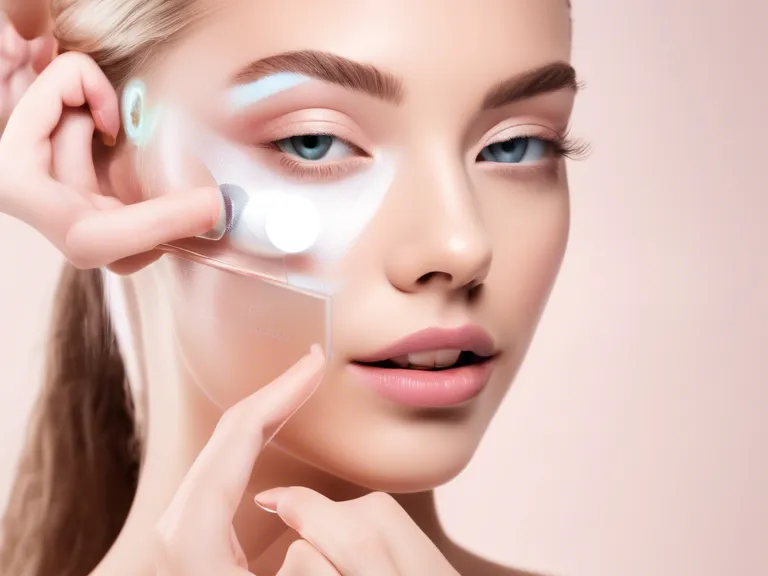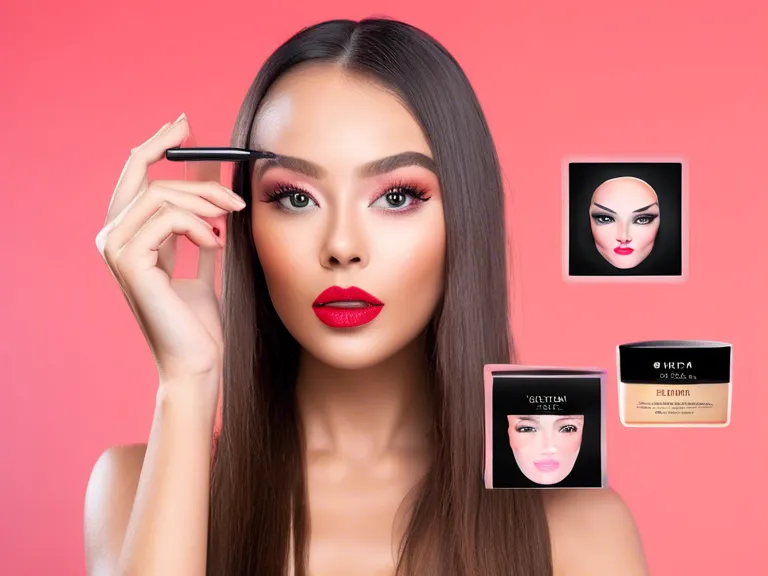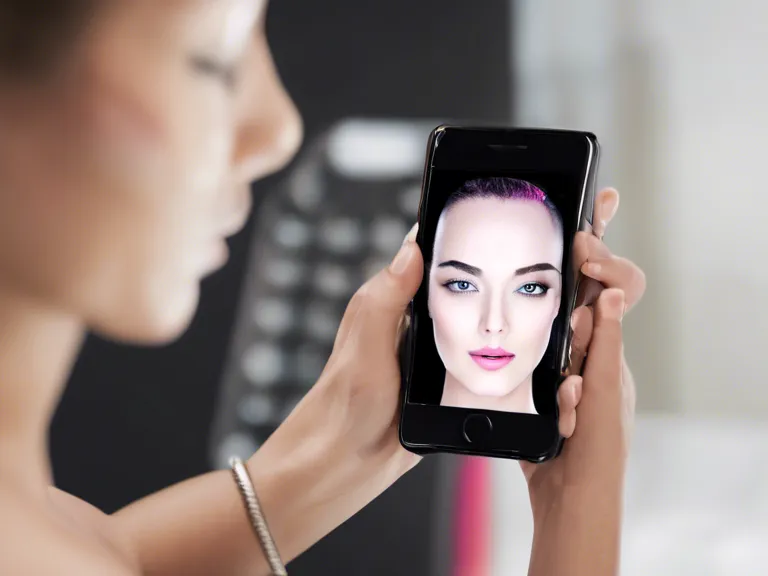
Securing the Beauty Industry: Cybersecurity Challenges in the Digital Age
The beauty industry has been rapidly embracing digital technologies to enhance customer experience, streamline operations, and drive growth. With the rise of online shopping, digital marketing, and virtual consultations, beauty businesses are increasingly vulnerable to cyber threats. In this digital age, securing sensitive customer data and protecting intellectual property have become paramount concerns for the beauty industry.
Cybersecurity challenges in the beauty industry are diverse and evolving. One major concern is the protection of customer data, including personal information, payment details, and purchase history. Beauty businesses collect and store vast amounts of data, making them attractive targets for cyber criminals seeking to steal valuable information. Data breaches not only expose customers to identity theft and financial fraud but also damage a company's reputation and erode trust.
Another significant cybersecurity challenge facing the beauty industry is the protection of intellectual property. Beauty brands invest heavily in research and development to create innovative products and formulations. However, without proper cybersecurity measures in place, competitors or malicious actors could steal valuable trade secrets, jeopardizing a company's competitive advantage and bottom line.
Moreover, the beauty industry's reliance on e-commerce platforms, social media, and cloud services increases the attack surface for cyber threats. Phishing scams, ransomware attacks, and malware infections are just some of the cybersecurity risks that beauty businesses need to guard against. In addition, supply chain vulnerabilities and third-party risks pose further challenges for cybersecurity professionals in the beauty industry.
To address these cybersecurity challenges, beauty businesses must invest in robust security measures and protocols. This includes implementing encryption technologies to protect data in transit and at rest, conducting regular security assessments and penetration testing, and providing cybersecurity training for employees. By adopting a proactive approach to cybersecurity, beauty businesses can safeguard their reputation, data, and intellectual property from cyber threats in the digital age.



